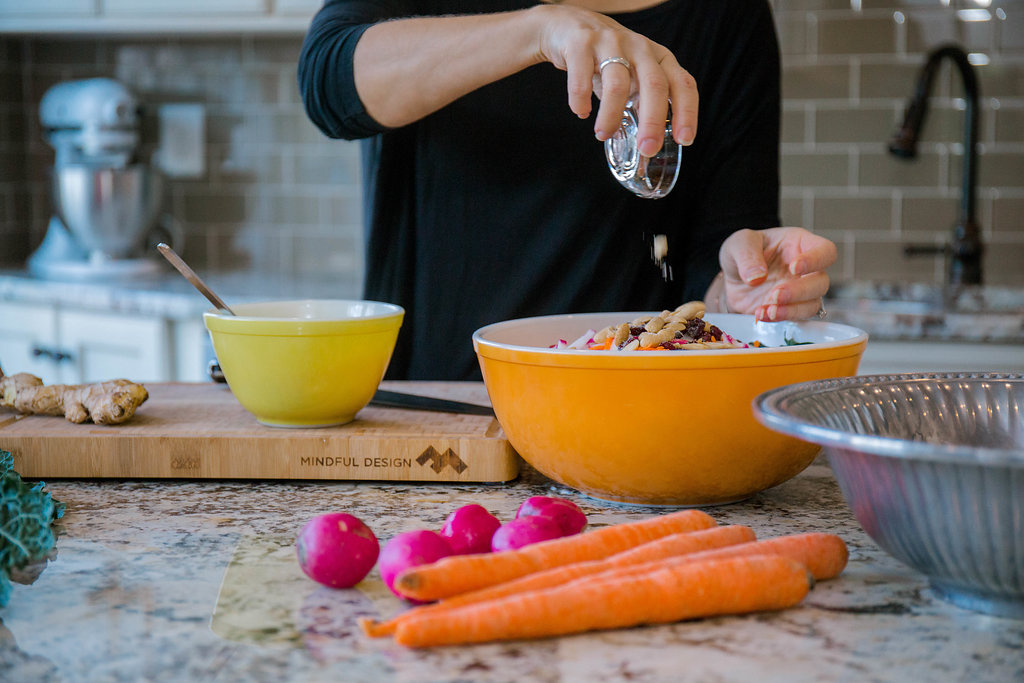There are trillions of microbes that live on and in our bodies. Together, these microbes are known as the microbiome. Many of these bugs help keep us healthy, living in harmony with us and helping break down food, produce vitamins, and other beneficial substances. Of course, some of these bacteria are also pathogenic (bad) but, when balance is maintained, our normal healthy bacteria keep illness at bay. This healthy microbiome is associated with healthier weight status, lower rates of allergy, and may even provide protection against diseases like cancer. There’s a lot of really exciting research ongoing in this area.
Evidence shows that in addition to genetics, what we eat, medications we take, and how we live all impact our microbiome. There’s a great deal of variability in the microbiome from person to person because of all of these differences. This variability means that there is no known “perfect” make-up for what the microbiome should look like. However, there are some things we do know. People are healthiest when they have a diverse and robust microbiome. How can you support a healthy microbiome? Here are some ideas:
- Eat a plant-based diet with lots of variety. This doesn’t necessarily mean vegetarian, but it does mean eating with a focus on plant-based foods. In particular, fruits, vegetables, and whole grains all support healthy gut bacteria. The plant foods we eat contain tiny amounts of soil bacteria that can be beneficial for health. They are also rich sources of prebiotics – food for the bacteria in our bodies.
- Eat foods that contain probiotics. Cultured dairy, such as yogurt, kefir, and real buttermilk are a few sources of probiotics. You can also eat fermented foods that contain probiotics, such as fermented pickles, kimchi, and kombucha. Pickles that are not fermented are not sources of probiotics. Probiotic supplements are another option, but are poorly regulated and often fail to contain the microbes at advertised dosages when tested by independent laboratory.
- Avoid antibiotics whenever you can. When indicated, antibiotics are powerful and life-saving ways to manage illness and disease and should be used. However, they are often overused, used inappropriately, and may do more harm than good. For instance, antibiotics do not treat viral disease, which is the cause for most minor illness. Instead of antibiotics, managing symptoms and supporting recovery through good nutrition, hydration, and rest can result in resolution without the cost to the healthy gut microbes.
Other things that seem to support a healthy microbiome include spending time outdoors and having a dog in the house. And those are just plain good for us anyway! What do you think? Do you think about your microbiome? Do anything specific to support it? I’d love to hear your thoughts.

